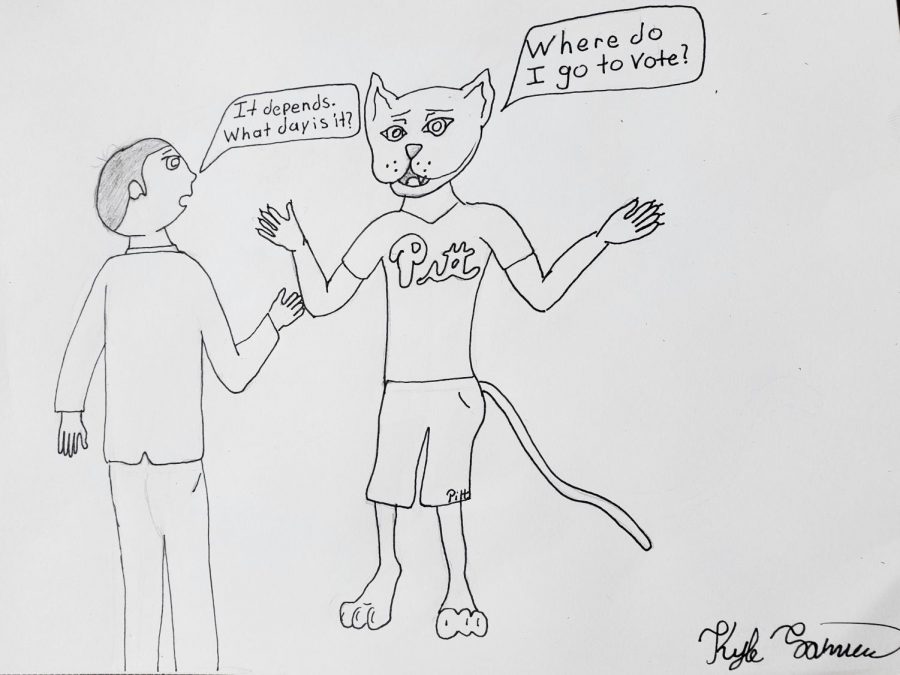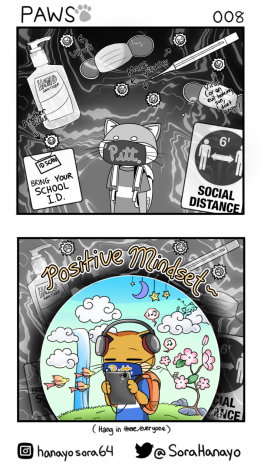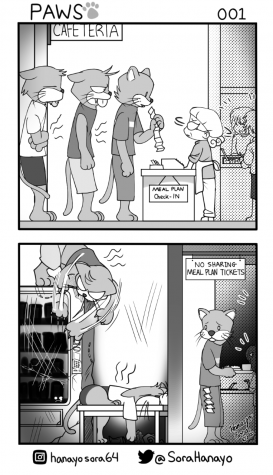Voting: accessibility an issue
April 10, 2019
We think student government members could arrange a more efficient voting process for students.
The process switched from online voting to paper ballots this year, which makes voting less accessible to everyone.
There was also confusion regarding the voting locations for different days, and whether it was in the Student Union or Blackington Hall.
We realize that, while it may be nice to receive a sticker after voting, an online process is easier.
It could be an asset to students who have class at the allotted voting times to assure that their voices are heard.
The voting process has become difficult and restrictive, especially when there is a desire for more voter participation on campus by student government members.
An online ballot counting system would be more organized and gives less room for error.
It would also assure that the votes were counted in the most democratic way possible.
This year, only about 17% of students voted, which means that the winners could have received less than 10% of the student votes.
Devin Seiger and Tessa Fry won this year’s election by 12 votes.
Perhaps, with an online ballot, the election’s results would have been different.
This makes the winners questionable as far as representing students.
We also think that student government candidates could have invoked more campus involvement through social media use.
It would be easier for students to make the decision to vote and whom to vote for if candidates made their stances on certain issues clearer.
The main focus of running as a candidate should be remaining relevant throughout the course of the campaigning and voting process.
Social media could be an asset because it provides different platforms to talk about campus issues and establishes a stronger connection with the student body.
The voting process should be as convenient as possible so that as many students as possible choose to participate in electing student government leaders.
The best way to accomplish this is by making sure the voting process is accessible for everyone on campus.
In addition, it would be better to have candidates who are relevant enough for students to make educated decisions on whom to vote for.









